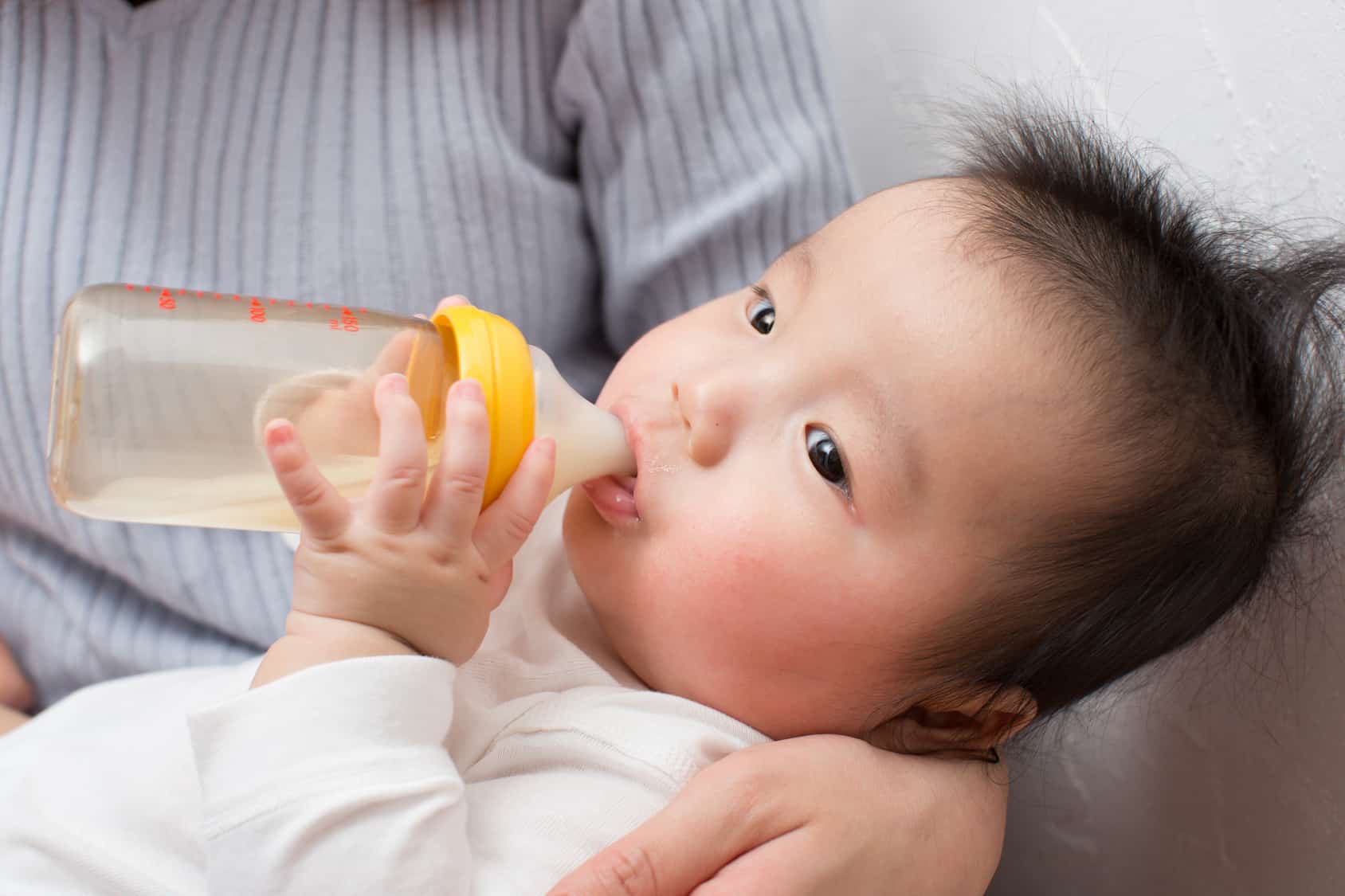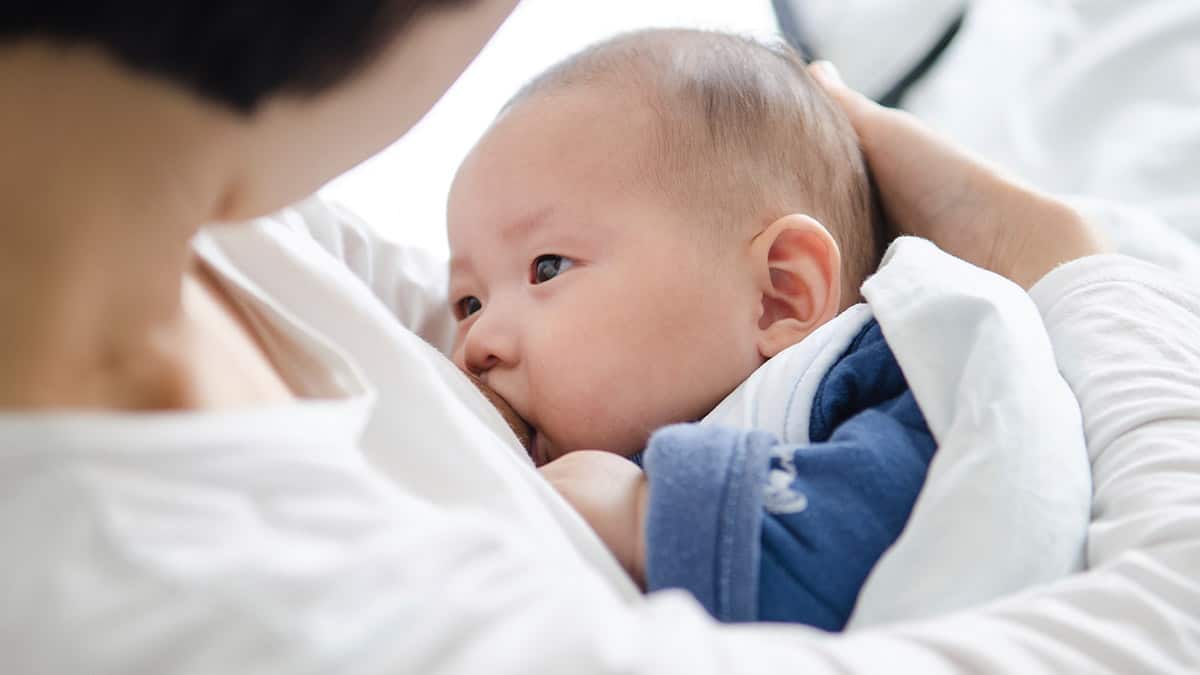Contents:
Medical Video: Pregnancy test with salt | Home pregnancy test with salt | Positive salt pregnancy test at home
Definition
What is a home pregnancy test?
A home pregnancy test can find the presence of a pregnancy hormone (human chorionic gonadotropin / hCG) in a urine sample. High levels of hCG are produced during pregnancy. The home test has the same results as the pregnancy test with urine in most doctor's offices if used exactly according to instructions.
When a woman becomes pregnant, the egg is generally fertilized by sperm cells in the fallopian tube (conception). Within 9 days after fertilization, the egg drops from the fallopian tube to the uterus and attaches to the uterine wall. When the fertilized egg attaches, the placenta begins to develop and begins to release hCG into the woman's blood. Some of these hCG also enter the urine. In the first few weeks of pregnancy, the amount of hCG in the urine gets higher very quickly — doubling every 2-3 days.
There are two basic types of home pregnancy tests:
The most common type of home pregnancy test uses sticks or measuring sticks that you touch in the urine stream or dip into a urine sample. The area at the end of the measuring stick or stick changes color if there is hCG, which means you are pregnant.
The second type uses a urine collection cup with a test kit. To use this type of test, you can pour urine into the base of the test kit or put the test kit into the urine collected in the glass. The tool area changes color if there is hCG, which means you are pregnant.
The first urine in the morning (which has accumulated in the bladder all night) is the best to use and has the most accurate test results.
The accuracy of home pregnancy tests is different for each woman because:
- Women's menstrual cycle days and ovulation can change every month
- the exact day of implantation of a fertilized egg is not always known
- each home pregnancy test device has a different sensitivity to each other to find hCG. If the levels are very low, the first urine in the morning has the greatest chance of showing positive results
Although some home pregnancy tests may be sensitive enough to detect pregnancy on the first day of a woman's late menstruation, most test kits are usually more accurate if used around a week after menstruation late.
When should I have a home pregnancy test?
If you think you are pregnant, you should take a pregnancy test at home before going to the hospital or seeing a doctor.
Prevention & warning
What should I know before undergoing a home pregnancy test?
A home pregnancy test device can be used for several days after menstruation is delayed. However, the test results will be more accurate if you wait a few days longer. If you do the test as soon as you do not menstruate and the results show that you are not pregnant (negative results), repeat the test in a week if the menstrual period has not started, or do a pregnancy test at the doctor's office or clinic.
Most women will get a positive result after a few days of menstruation but some women may get negative results early in pregnancy.
Human chorionic gonadotropin (hCG) can be found in the blood before it is found in the urine. A blood test can confirm pregnancy about 6 days after the implantation of a fertilized egg into the uterus (even before passing the menstrual period).
Process
What should I do before undergoing a home pregnancy test?
You can buy a home pregnancy test kit at a pharmacy or supermarket. You don't need a doctor's prescription. Test kits generally have a measuring stick or stick and instructions that explain how to do the test. Some devices have a urine collection cup and a measuring stick that you dip in the urine. All devices tell you to wait for a specific amount of time before reading the results.
What is the process of home pregnancy testing?
Carefully read the instructions provided with the home device. Instructions will vary from one device to another. Be sure to read the test results at the right time indicated in the instructions for accurate results. If you have a device that asks you to take a urine sample in the morning, test the urine that has been in the bladder for at least 4 hours. The first urine sample in the morning (which has accumulated in the bladder all night) gives the most accurate test results. Test urine in 15 minutes of sample collection.
If you use a tool in the form of a measuring stick, urinate in small amounts first, then hold the measuring stick in the urine afterwards. Test the urine sample according to the instructions in the test kit package
What should I do after undergoing a home pregnancy test?
With any home pregnancy test, if the test shows you are pregnant (positive test), you should see a professional health professional to ensure the test and arrange further treatment. If the test does not show you are pregnant (a negative test), there is a possibility that you might actually be pregnant. You have to repeat the test in a week if your menstrual period hasn't started too. If the repeat test remains negative, you may not be pregnant, but you should talk to a professional health professional about why you are not menstruating.
Explanation of Test Results
What do the test results mean?
It is important to know what the positive or negative results mean.
If you get a positive result, You are pregnant. This is true, no matter what the lines, colors or signs are. If you get a positive result, you might want to contact your doctor to talk about what will happen next.
In very rare cases, you can have a false positive result. This means you are not pregnant but the test shows that you are pregnant. You can have a false positive result if there is blood or protein in the urine. Certain drugs, such as tranquilizers, anti-seizures, or hypnotics, may also cause false positive results.
If you get a negative resultYou may not be pregnant. However, you may still be pregnant if:
- the test kit has expired
- You do the test the wrong way
- You test too soon
- urine is too runny because you drink too much liquid just before the test
- You are taking certain medications, such as diuretics or antihistamines
If you get a negative pregnancy test, try the test again in about a week to check again. Some home pregnancy tests suggest doing it regardless of your results.
What if you get two different results?
Call the doctor. A blood test is a good idea to make sure you are pregnant.
Hello Health Group does not provide medical advice, diagnosis or treatment.
Hello Health Group does not provide medical advice, diagnosis or treatment.











